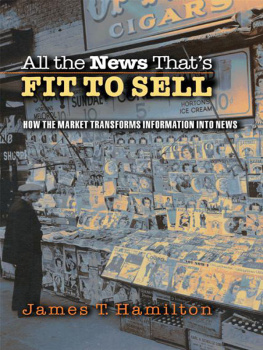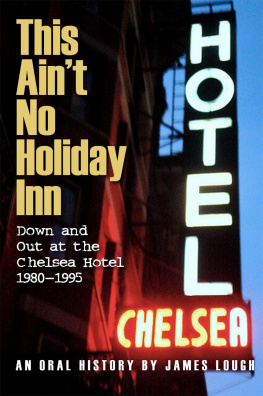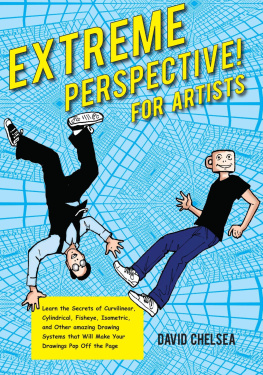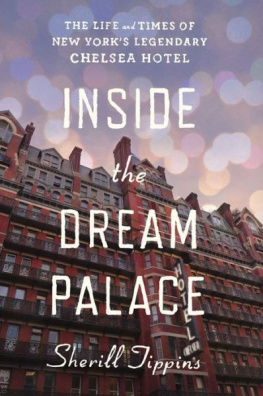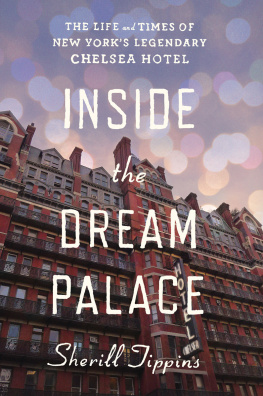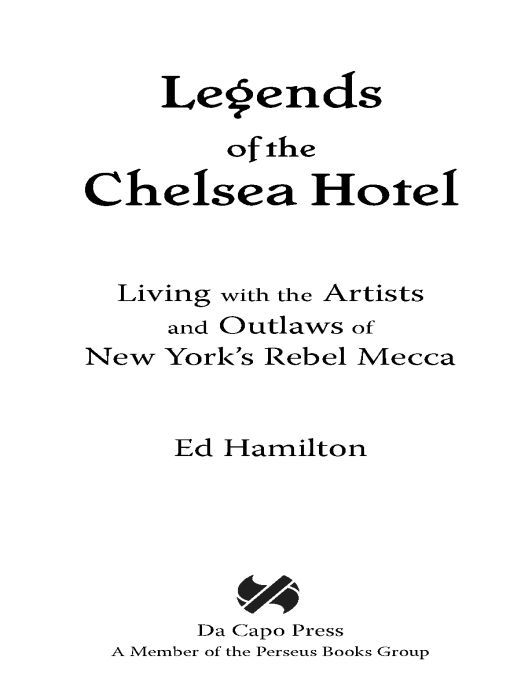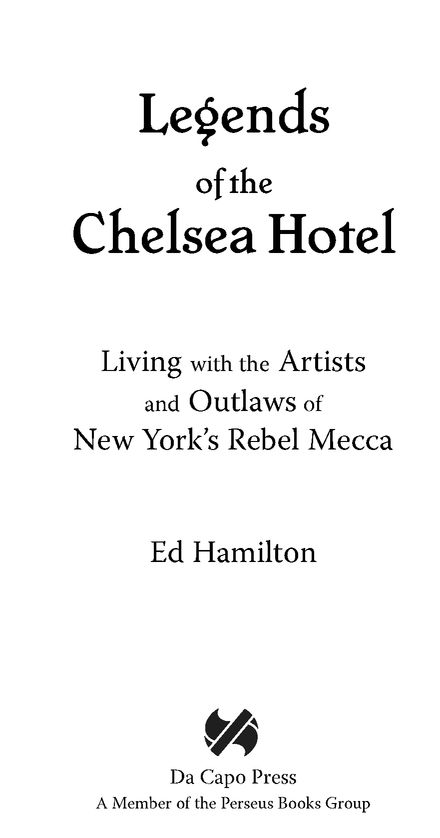Table of Contents
For Hiroya, and for all the residents of the Chelsea,
past and present, livingand having passed on
to that great bohemian flophouse in the sky
Introduction
This book came about as the result of a fire. My girlfriend, Debbie Martin, and I were walking up Seventh Avenue one evening, coming home from dinner at the neighborhood restaurant Tellos. As we rounded the corner of 23rd Street, we were met by a cacophony of sirens. A line of fire trucks stretched down the block. Hoping that it wasnt the Chelsea, though knowing all the while that it must be, we approached our building warily. Sure enough, there were firemen running in and out of the hotel. At first they tried to keep us away, but when we explained that we lived there, they let us into the lobby.
Twenty or more of our neighbors had gathered there, in various states of disarray. As the Chelsea is an artistic hotel, they were all writers and artists and musiciansand all wildly eccentric. Someone had brought a jug of wine, and we passed this around as the firemen poured in and out of the building, dragging their equipment with them. No one knew yet what had caused the fire, or the extent of its damages, and we all discussed our theories.Various intrigues played themselves out in the hours we passed before it was safe to go back to our rooms.
An older lady, a former theater actress and a resident of the hotel for more than twenty years, had rescued her good winter coat and her mink hat from the blaze. She sat in her chair with her coat buttoned up, though she soon took the hat off her head and placed it in her lap. A young girl who had lived at the hotel for about a year, working as an artists model, spotted that hat and just had to try it on. She kept insisting, even when it became clear that the old lady didnt want to give it up. No, Im serious. Let me wear that, she kept repeating, until finally the old lady, scowling, was forced to part with her hat. The girl wore it around the lobby for the rest of the night, showing it off to everyone, while the old lady kept a sharp eye on her to make sure she didnt slip away.
At about this point our inimitable proprietor, Stanley Bard, marched the fire chief through the lobby, saying, This is a very famous hotel. Thomas Wolfe lived here, and the poet Dylan Thomas. It was his usual spiel, though now sounding strangely at odds with the gravity of the situation, and we all laughed knowingly. That was Stanley for you: all was roses when it came to the hotel. He never could see the dark side, even if the place was burning to the ground.
There were several tourists mixed in among us, as the Chelsea also plays host to transients. One man, apparently from the Midwest to judge by his accent, had shared our wine and talked with us, becoming increasingly puzzled as the night wore on. He had caught on that we were all artists, but had yet to wrap his mind around the notion of people living in a hotel. Finally he asked, How do all you people know one another? Are you in town for a convention or something?
But the incident I remember best came toward the end of the night when a young guy named Felipe, who had lived at the hotel for less than a week, came limping into the lobby on crutches. Despite our best efforts, everyone in the lobby cracked up laughing when they saw him. Wearing nothing but a red down coat over a pair of briefs, Felipe had painted his face in ghastly shades of orange and red and black. He looked as if had he just narrowly escaped the fire, having scarcely enough time to throw on his coat over his jockey shorts and drag himself down the stairs. But no, as it turned out, he was merely heading out for a night of clubbing. It didnt look like he would be dancing much, but he sure as hell was going to give it the old college try.
Maybe Felipes appearance was what did it. In any event, it was sometime that night that Debbie came up with the idea for Living with Legends: Hotel Chelsea Blog (www.hotelchelseablog.com). We were talking about how interesting and exciting life was at the hotel, and lamenting that, in the face of rising real estate prices and gentrification, all this would soon pass away. Few of the hotels residents are richmost of them are far from it, in factand though Stanley Bard had kept the rents affordable over the years, there was mounting pressure on him from his board of directors to start charging market rate for the rooms. As our neighbor, the concert pianist Bruce Levingston, says, It looks like were on the tail end of the comet here.
We wanted to do something to preserve the history of this unique and vibrant hotel while that history was still ongoing and developing. But since so many disparate events were happening around us at all timesa point driven home by the chaos in the lobby on the night of the firea standard academic history of the hotel clearly wouldnt do. We needed a nonnarrative format, where we had the flexibility to record anything that came up, and where residents and former residents could send us whatever materialbe it poetry, photography, or artworkthat they had a notion to submit. And that was how Debbie came up with the idea of the blog, a newly emerging format that was made to order for our purpose.
It seemed like a hell of a lot of work to me, and so I tried to talk Debbie out of it. But she said it wouldnt be that bad, at least from a technological standpoint. She knew her way around computers, so she could handle that aspect of the project. What she needed was content, and thats where I came in. Debbie suggested I write a weekly column for the blog.
No way! I said. I dont have time. Im working on a novel.
Luckily, Debbie was able to persuade me. All right, All right! I finally gave in. Ill write fifty-two stories, a years worth, and thats all. And then Im going back to work on my novel.
Of course it didnt turn out quite that way. Though I was able to produce the fifty-two stories in a matter of a couple of months, in doing so I realized that the ten years I had lived here had given me a lot more to say about the hotel. I found that the lives of my neighbors were what really interested me, and as I became consumed in writing their darkly humorous and often tragic stories, I forgot about the novel and still havent gotten back to it.

The Chelsea is, to say the least, a unique hotel. Built in 1883 as a luxury co-op apartment residence, the Chelsea was for a brief period the tallest building in New York. In 1905 the building became a residential hotel, catering to the luminaries of the New York theater world, people like Sarah Bernhardtwho reputedly slept in a coffinand Lillian Russell. Other early residents included Mark Twain and O. Henry, who, often on the lam from the law, gave a different name every time he checked in. In the thirties, Thomas Wolfe stormed and brooded in Room 829 and wrote You Cant Go Home Again there.
The forties and fifties were hard times for the hotel, at least in a physical sense. Stained-glass windows, mirrors, and ornate woodwork were torn out, and the large suites were divided into tiny rooms, as the hotel degenerated into little more than a flophouse. Fortunately, many of the old residents refused to move out, and so a lot of the grand architectural detail was preserved. In 1957, Dylan Thomas drank eighteen whiskeys at the White Horse Tavern, staggered back to the Chelsea, and said, That must be the record, before collapsing and being taken to St. Vincents Hospital, where he died a few days later. Years later, Brendan Behan would do his best to follow in Dylans footsteps.



